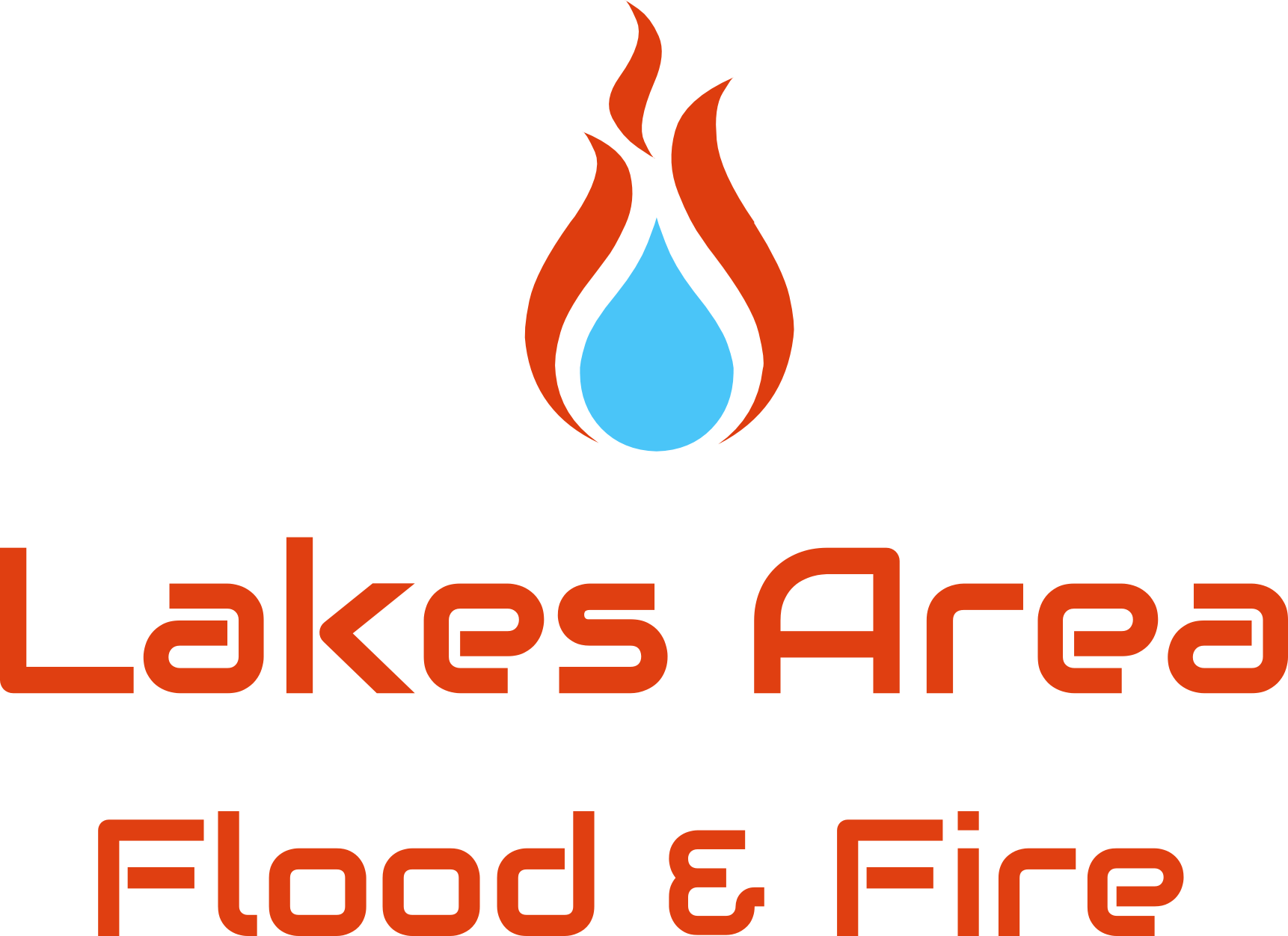FAQ
Mold Remediation
WHAT IS MOLD?
Mold is a part of the fungi kingdom, it is made up of long branching thread-like filaments called hyphae that form visible colonies. In order for mold to grow it needs moisture and a food source, with food sources abundant everywhere in the surrounding environment the best way to combat mold growth is eliminating the moisture it needs to take hold.
IS ALL MOLD DANGEROUS?
A common question, some molds are definitely more dangerous than others and in large amounts all molds can be dangerous in their own right. Mold re-produces using spores, a microscopic seed like particle that can be inhaled deep into the lung tissue of people and animals alike. Some of these molds also produce mycotoxins and is what the organism utilizes to combat other molds for colony territory. The mycotoxins can cause allergic reactions and other health related symptoms which is why these molds are considered more dangerous than others.
HOW DO I KNOW IF I HAVE A MOLD PROBLEM?
Visible growth is a sure indication, although not always a precursor to a larger problem, (mold growth can be localized such as under a plant vase that has reoccurring moisture issues) finding visible growth may be a sign of a larger underlying issue. Smell is another indication of a mold infestation, mold off gasses and produces MVOC’s which cause malodors, a sure sign of an underlying issue is a musty, earthy smell.
WHAT IS MOLD REMEDIATION?
Mold remediation is the containment and cleanup of mold contamination in a home or building. The industry standards for mold remediation were adapted from the techniques utilized from the asbestos abatement industry, most companies utilize the IICRC S520 for industry standard guidelines. Not all mold remediation projects are the same so it’s up to the remediation professional to determine the best course of action for the situation at hand.
Water Mitigation
HOW DO I PREVENT WATER DAMAGE?
There are many ways to protect your home when it comes to water damage. Inspect plumbing supply and drain lines annually, make sure your water using appliances are leak free and are in good working condition, invest in a humidistat for areas that are commonly left closed up and are more prone to moisture, keep exhaust fans running when high humidity is present, utilize dehumidifiers when in humid climates. If your home or building has a crawlspace make sure it has a properly sealed liner and venting system to limit the possibility of moisture vapor developing in the building envelope.
WHY DO I NEED TO WORRY ABOUT WATER DAMAGE?
Sudden, repeating or prolonged water issues can be an issue for a building in a few different ways, it can lead to mold, rot and decay of crucial building components leading to unstable structural members. The subsequent mold growth that can occur after a water event can pose health hazards to the buildings occupants. Water damage can also be a symptom of larger underlying issues of a buildings design and foundation.
WILL INSURANCE COVER THE WATER DAMAGE TO MY PROPERTY?
Insurance covers sudden and accidental occurrences of a covered loss, typically referring to a water event that demands immediate attention such as a burst pipe or faulty plumbing part. In most cases insurance will not cover a loss if is caused by ground flooding or seepage. Although ground flooding is covered if a policy includes flood insurance, only offered by the federal government this type of coverage is only available in designated flood plains and is not available for all properties. In short, unless it is a sudden and accidental water event, insurance may not cover it.
